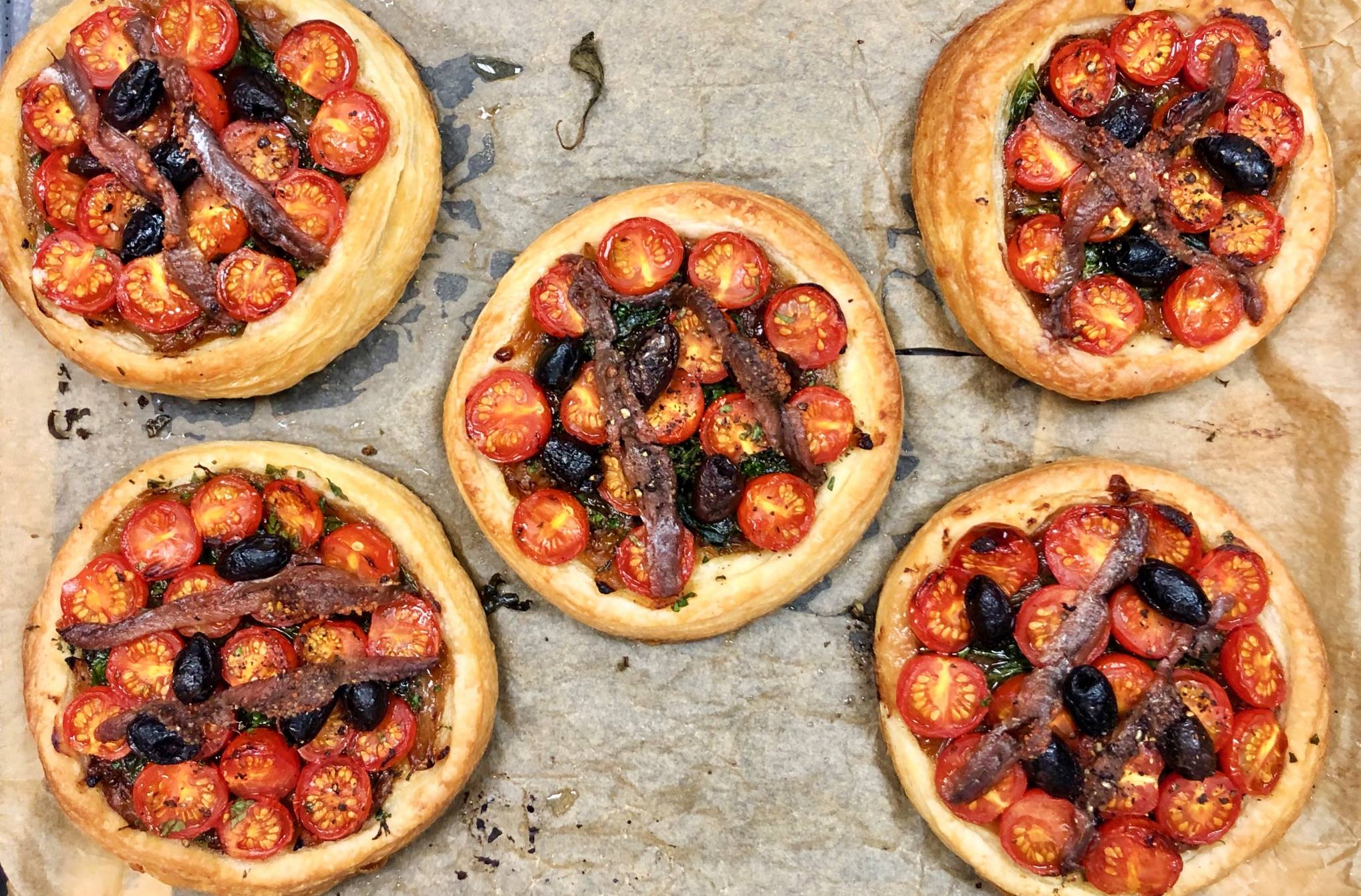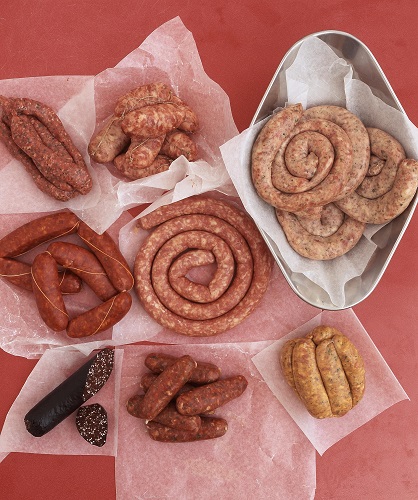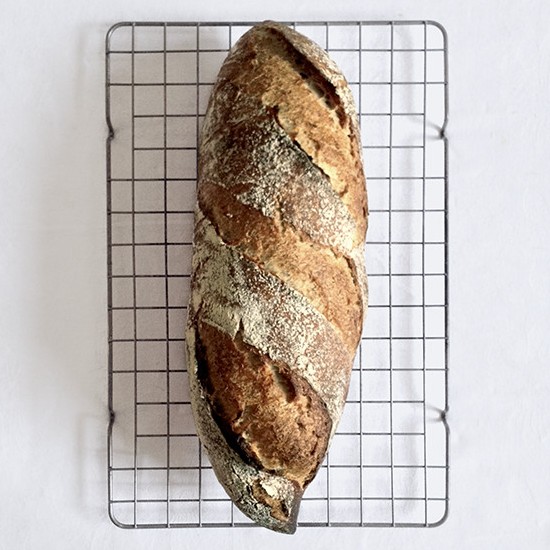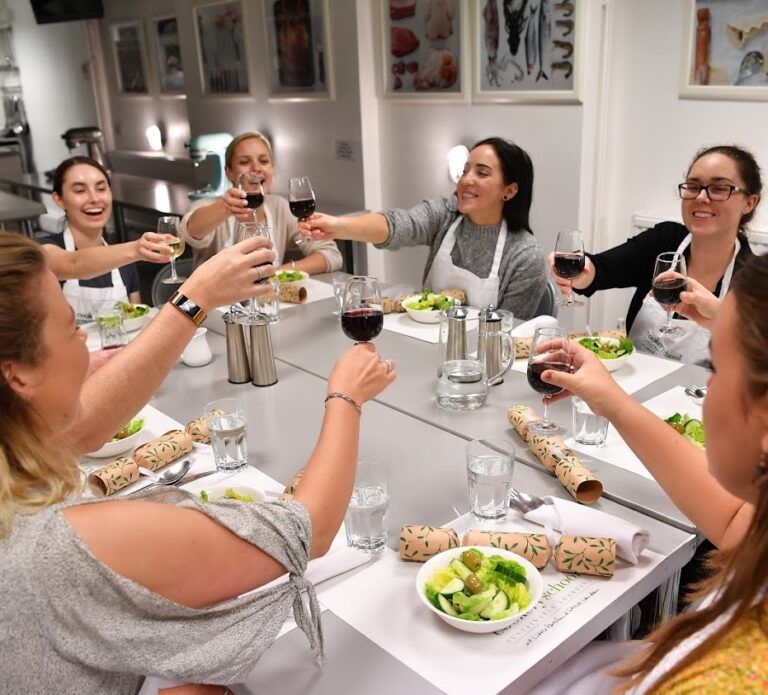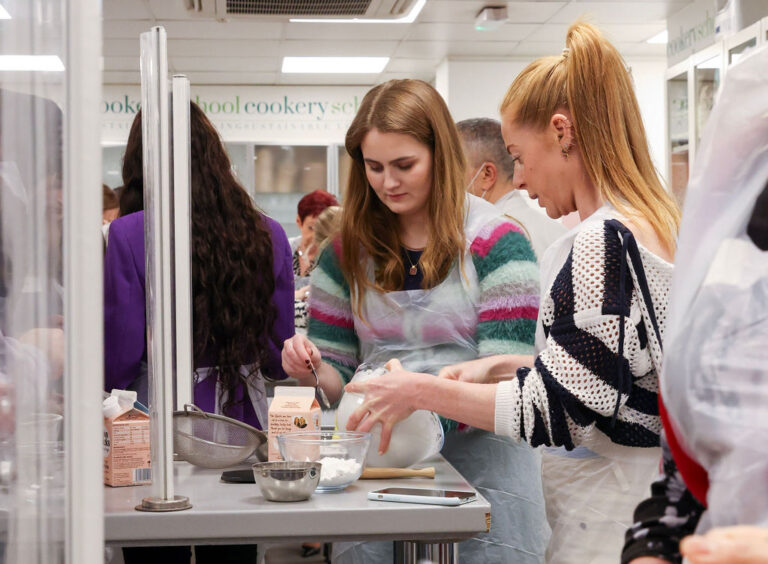Ros Rants: The value of good teaching
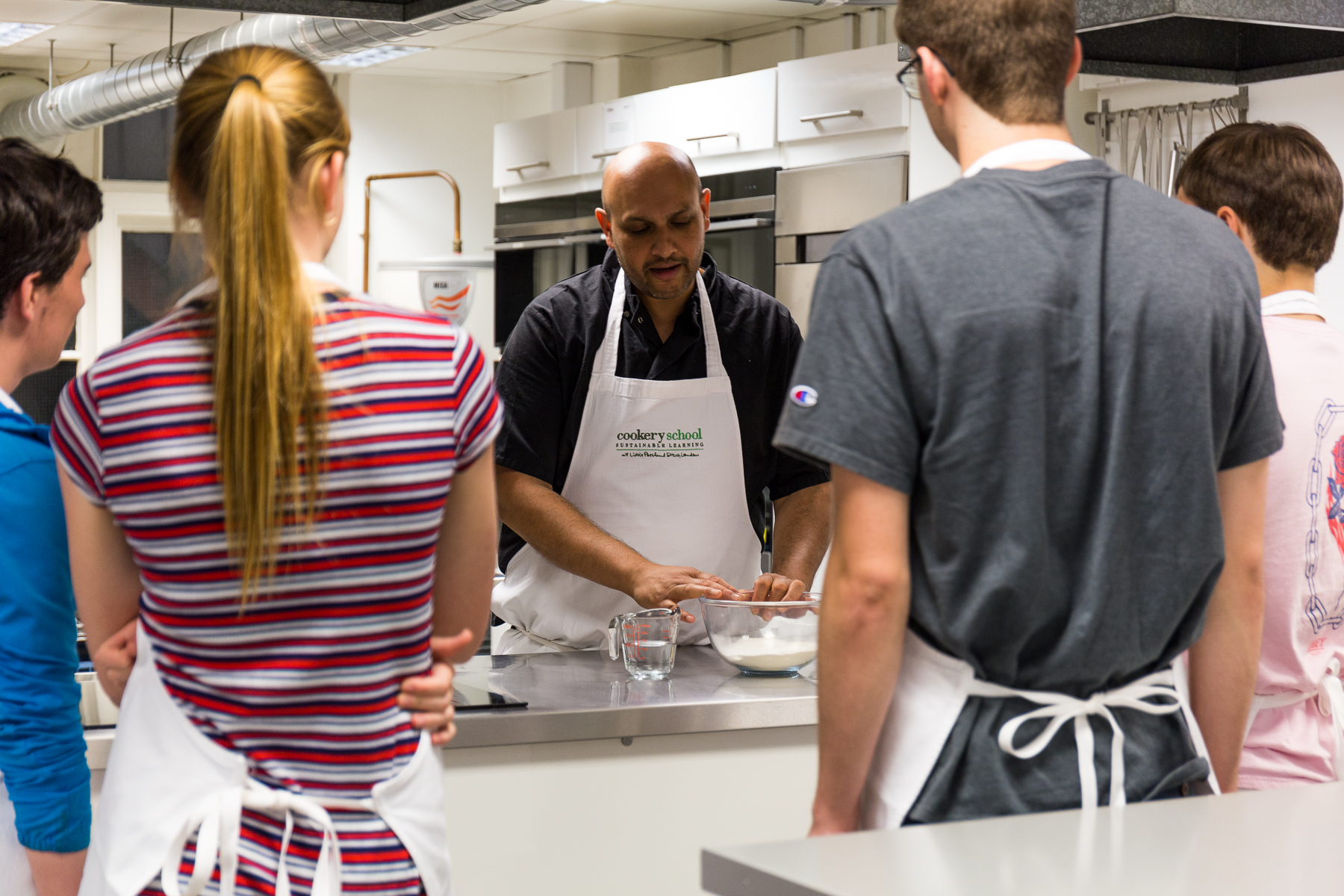
Good home cooking, along with sustainability, is at the heart of all that we do at Cookery School. We try to pass this message onto everyone who visits, as we want them to feel they can go away to cook on their own with confidence.
With cooking no longer being taught in schools and cooking no longer being passed down through the generations, we find an increasing number of people are turning to us to learn how to cook.
Having been a teacher for in excess of 55 years, I know the importance of making sure that those that I teach feel confident about what they are learning before going onto the next steps. The idea of bringing in a whole lot of diverse techniques at one time is not the best way of feeling secure. When we teach anyone how to cook, it is important to have a clear and direct message. Therefore, in all our classes, we focus on one particular technique and reinforce it before passing onto the next one.
Breaking it down
In our beginner classes, we focus on cooking delicious dishes and emphasise how easy they are to recreate. In this very first lesson, they roast chicken and vegetables, learn how to make bread rolls and how to bake seasonal fruit (everything from apples to summer stone fruits). The leave us at the end of that first session having learnt a load of new dishes that they can easily replicate using a basic kitchen appliance – an oven.
Future lessons are based on the techniques involved in various recipes, whether that be making soup, stewing, grilling and so on. Each one again focusses on reinforcement of whatever is being taught with plenty of time to ask questions. This means gradually our students build up an armory of good recipes that guarantee success when they attempt to cook at home.
The order of how we teach is also incredibly important. We start with the straightforward skills first, like roasting. We teach a specific technique which can then be applied over and over again to different ingredients with a good outcome. From there, we develop and practice, ensuring the foundations are strong before moving onto more complicated skills. By the end of eight sessions, our beginner cooks are starting to feel more competent and to believe that they are capable of producing decent food. Our Intermediate course goes into new territory where we break down classes by subjects. Here, we put more into each lesson as those attending have a comfortable base level from which they can develop their cooking knowledge.
Learning to fail
One of the things we always emphasise in Cookery School classes is the importance of learning from your mistakes. We learn from errors that anyone may make in a class setting as what happens here may happen to others at home. They may make a perfect dish at Cookery School during a lesson but at home, for any reason, screw up. If they have seen something going wrong in a dish that someone else has prepared and learnt how to remedy it, then they know what to do the next time they cook. Whether it is a student or a member of staff that makes a mistake – and even the most seasoned of cooks sometimes err – it is important to remember that mistakes make for an invaluable learning tool.
Over the years we have had numerous teachers join us and they slowly pick up our ways so that we all teach in the same manner. This means that whatever class or course you attend, you’re going to receive the same high standard of teaching. With a positive approach, good recipes and lots of reinforcement, cooking is such an easy skill to learn. There is no excuse in this day and age for anyone not to be able to cook!
Category
Ros Rants
